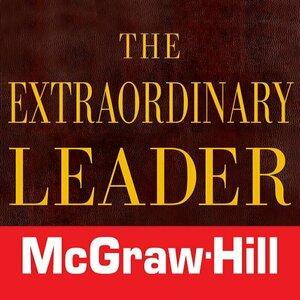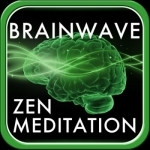
F-Secure Freedome VPN
Productivity and Utilities
App
F-Secure Freedome VPN: PRIVATE. UNTRACKED. ANONYMOUS. Try for free. Starting from $5.99 a month. ...

Liquid Personal Finance: drag & drop money to budget & track expenses
Finance and Education
App
Become one with your money. Liquid is the mobile app to know how much money you’ll have by the...

The Extraordinary Leader: Turning Good Managers into Great Leaders by John Zenger & Joseph Folkman
Business and Book
App
This free sample contains the first chapter and access to the full book requires an in-app purchase...

BrainWave Binaural Zen
Lifestyle and Health & Fitness
App
3 Advanced Binaural Zen Meditation Programs combined with Soothing Ambient Nature Sounds to create...

Plane Finder AR
Travel and Navigation
App
Wondered where that plane up above is going - Wonder no more! Plane Finder AR - Point the camera at...

Montessori Nature
Games and Education
App
This app offers a very realistic environment in which kids have to plant, nurture, harvest, and sell...

Virgin Trains Tickets
Travel
App
Make purchasing a train ticket the least stressful part of your route planning with the Virgin...

Paris' Best Restaurants - Chefshout
Food & Drink and Travel
App
Almost as good as calling up the chef and asking them where to eat in their town. Michelin Star...

AAA+ Investor Magazine - An Entrepreneurs Guide to Trading and Investing in Silicon Valley Tech Startups, the Stock Market, Shares and Forex
Business and Magazines & Newspapers
App
FREE to Download & FREE to Trial for a Full 30 Days! Who’s taking Silicon Valley and the World...

Scout Outdoor-Navigation für Radfahren und Wandern
Navigation and Health & Fitness
App
Scout is your iPhone companion for outdoor activities. Make use of topographic maps for hiking...